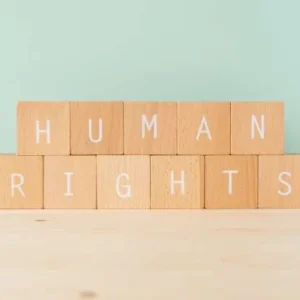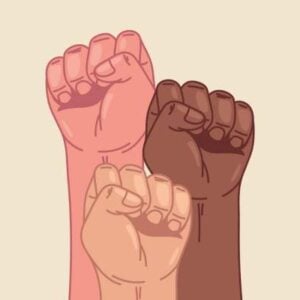Last week, Commissioner O’Flaherty met with human rights defenders and civil society activists in Strasbourg and Brussels, including those in exile, on the brink of leaving their countries, or defending peers in detention. These meetings highlighted the increasingly difficult conditions faced by civil society organisations across Council of Europe member states, driven by three major trends.
The first trend is the spread of restrictive legislation, often presented as measures to enhance transparency or national sovereignty. Such laws stigmatise civil society activists and organisations for receiving foreign funding and impose burdensome administrative requirements, intrusive oversight, and excessive sanctions. This makes it increasingly difficult, and sometimes dangerous, for human rights defenders to continue their work.
The second concerning trend is a growing crackdown on activists. Peaceful protests are increasingly met with excessive police force, while human rights defenders face higher risks of physical violence, harassment, prosecution, and imprisonment for their legitimate work or for expressing critical opinions.
The third trend is a severe funding crisis affecting civil society organisations across Europe. Termination of most US government aid, along with funding cuts from state and non-state donors, has forced many organisations to reduce activities, lay off employees, or even close. This crisis particularly impacts those defending human rights, exposing corruption, or challenging government policies.
Commissioner O’Flaherty stressed that Europe needs a vibrant civil society to address challenges such as conflict, environmental crises, inequality, and declining trust in institutions. He urged member states to uphold their obligations to protect human rights defenders, and called on non-state funders to deepen their investment in European civil society, emphasizing that human rights defenders are essential for democratic society and the protection of human rights.






